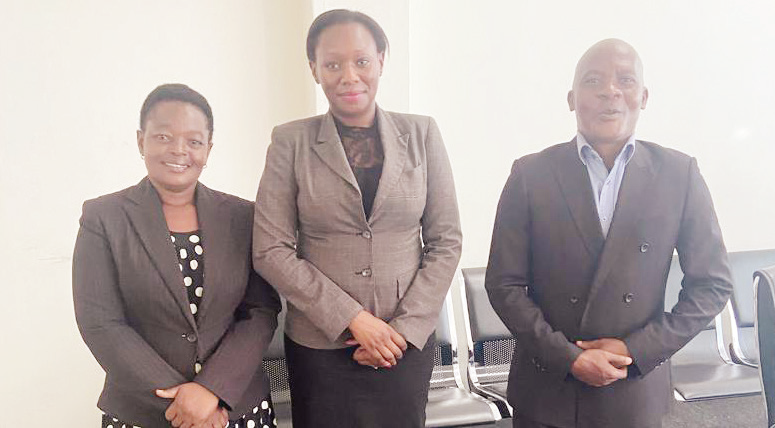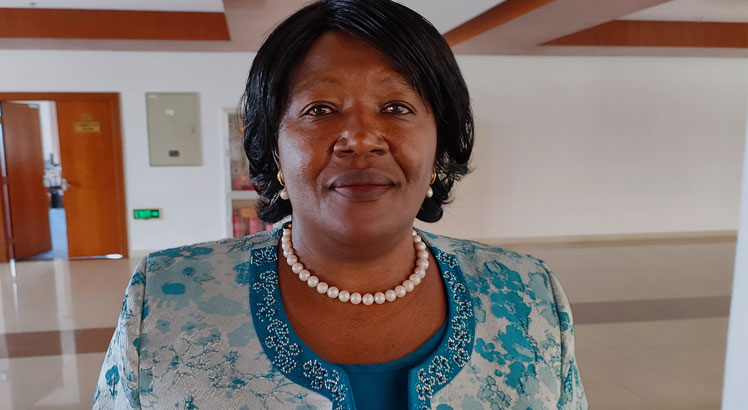CSTU wants 35% pay hike
Civil Servants Trade Union (CSTU) has requested government to adjust upwards salaries in the civil service by 35 percent to enable them survive the harsh economic environment worsened by rising cost of living.
In an interview yesterday, CSTU secretary general Charles Kumchenga said the union has presented its request, which also includes a proposal for a 25 percent adjustment in leave grant, to the government for consideration ahead of the new fiscal year starting on April 1.
He said: “The cost of goods has gone up and taking into consideration the 25 percent devaluation of the kwacha [in May], we think our reasons [for demanding a pay hike] are justified.

“We have been in discussion with the government negotiating team and we had our last meeting last Friday. They have assured us that they have taken the matter to Treasury for action.”
But Kumchenga was quick to point out that the union has not issued any ultimatum. He said the union is positive the increment would be implemented immediately after the passing of the 2023/24 National Budget next month.
In a separate interview, Government Negotiating Team (GNT) chairperson Charles Kalemba said yesterday besides the salaries, government is also planning to review conditions of service and other benefits for civil servants.
He said: “Government is equally concerned and ready to review the salaries and conditions of service for the civil servants. As the budget is being drawn, it is taking into consideration the discussions that we had.
“More will be communicated when the budget is being presented by the Ministry of Finance in Parliament.”
In the 2022/23 financial year ending this March 31, CSTU proposed a 30 percent salary increment, but government gave them a 12 percent average salary increment.
If implemented, the increment will exert further pressure on the public purse as the wage bill has kept ballooning over the years. Ministry of Finance data shows that in the 2021/22 financial year, the public service wage bill stood at K436.3 billion per annum before jumping to K670.28 billion in the current financial year, representing a whopping 53 percent increase.
During Pre-Budget Consultation Meetings in January this year, Minister of Finance and Economic Affairs Sosten Gwengwe said wages, pensions and servicing public debt consume a big chunk of the recurrent budget. The trend was attributed to the wage bill growing at an average of 50 percent yearly.
Economic commentators have cautioned that if the public sector wage bill is left uncontrolled, government will be forced to borrow more thus negatively impacting on the next financial blueprint and the economy.
At K670.8 billion, the public sector wage bill represents 23.52 percent of the revised 2022/23 K2.85 trillion National Budget and 5.9 percent of the gross domestic product.
In 2022, a joint International Monetary Fund (IMF) and World Bank analysis on debt sustainability cautioned government on the wage bill increase and recommended recruitment and promotions freeze in the public sector
Eralier this year, CSTU and Teachers Union of Malawi (TUM) wrote Kalemba informing him of an impending strike following the government’s failure to address their salary increment demands despite numerous engagements.
The civil servants cited a rise in the cost of living as the basis for pushing for the increase.
The 25 percent devaluation of the kwacha last year coupled with a disruption in global supply chains due to the Russia-Ukraine war and the rising cost of petroleum on the global market pushed up the cost of living for Malawians.
National Statistical Office data shows that headline inflation slightly rose by 0.5 percentage points to 25.9 percent in January this year.
The Centre for Social Concern has said the
cost of living, as aggregated using its Basket of Basic Needs, has doubled between June 2020 and January 2023. The centre said a family of six in January this year needed K356 000 to survive compared to K164 000 in June 2020.





